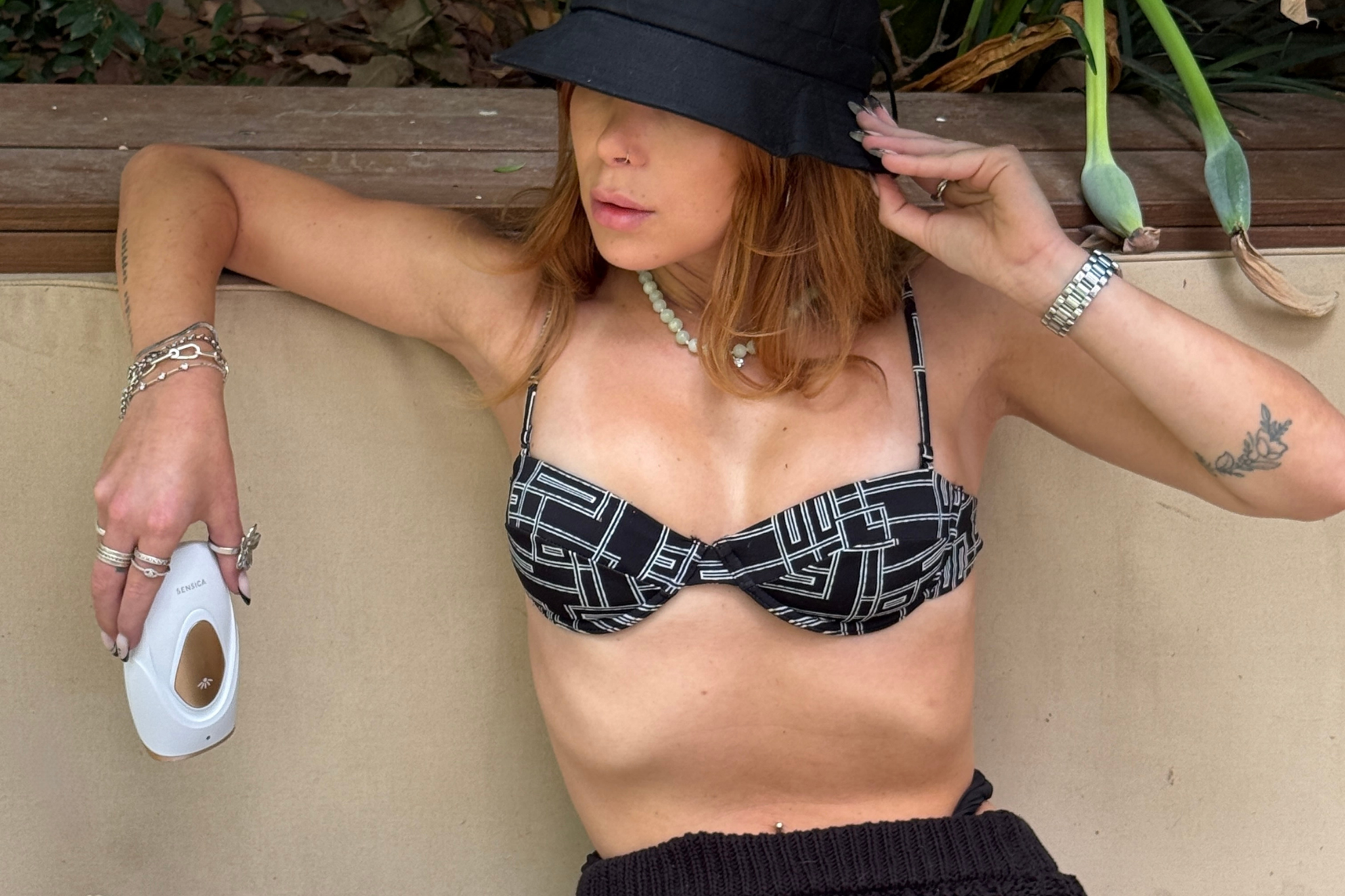Your skin’s shiny by noon, makeup doesn’t stand a chance past lunchtime, and yet—it still feels tight, flaky, or irritated. If this sounds familiar, you might be dealing with one of the most misunderstood skin types: oily but dehydrated.
Yes, you can be both. And no, piling on more drying products won’t fix it.
We partnered with board-certified dermatologist Dr. Elina Kost to decode the mystery of oily-dehydrated skin and offer evidence-based ways to hydrate without sending your sebum glands into overdrive.
What Does “Oily But Dehydrated” Actually Mean?
According to Dr. Kost, “Oily skin refers to an overproduction of sebum, your skin’s natural oil. Dehydration, on the other hand, means your skin lacks water.”
It’s entirely possible—and common—to have both. Think of it as your skin panicking: it’s thirsty, so it pumps out more oil as a desperate attempt to compensate. The result? Skin that’s greasy and parched.
Common Signs You Might Be Oily-Dehydrated
- Your skin feels tight but looks shiny
- You experience dry flakes around the nose or mouth, despite oiliness
- Makeup separates or cakes easily
- Breakouts and sensitivity at the same time
- Skin looks dull or uneven despite constant blotting
So, How Do You Hydrate Without Getting Greasy?
Let’s break it down. The goal is to replenish water, not oil—while respecting your skin barrier and avoiding heavy, pore-clogging formulas.
1. Use a Gentle, pH-Balanced Cleanser
Skip the foaming, squeaky-clean formulas. A sulfate-free gel or cream cleanser will remove excess oil and grime without stripping your skin’s moisture barrier. Look for glycerin, panthenol, or oat extract.

2. Incorporate a Hydrating Toner or Essence
Think: lightweight water-based layers. A humectant-rich toner with hyaluronic acid, polyglutamic acid, or beta-glucan helps draw water into your skin without adding oil.
3. Layer a Lightweight, Oil-Free Serum
This is where your hydration game levels up. Opt for a serum with niacinamide (to regulate oil), hyaluronic acid (to bind water), and green tea or centella asiatica (to soothe inflammation).

4. Choose a Gel-Based Moisturizer
Dr. Kost recommends looking for a non-comedogenic, oil-free gel moisturizer. Ingredients like squalane, allantoin, and ceramides help seal in hydration without leaving a greasy film.
5. Don’t Skip SPF
Yes, even if you’re oily. Many modern sunscreens are formulated to be matte, non-greasy, and hydrating. Look for those with added skincare benefits like niacinamide or silica.
Pro Tips from the Derm: Avoid These Triggers
- Over-exfoliating: It may feel satisfying, but daily acids can worsen dehydration.
- Mattifying powders: Temporarily fix shine but can clog pores and increase dryness.
- Skipping moisturizer: Dehydration worsens without a barrier to lock in hydration.
- Hot water: Dries out the skin and worsens dehydration.
Can Devices Help? Yes—If You Use the Right Ones
Some devices can support oily-dehydrated skin if used correctly.
- LED Red Light Therapy: Helps reduce inflammation and supports barrier repair.
- Microcurrent Devices: Improve circulation and lymphatic drainage, reducing puffiness and dullness.
- Ultrasound Infusion Devices: Help deliver water-based serums deeper into the skin.
Avoid high-heat tools or overly aggressive exfoliation settings.

Final Thoughts: Balance Is Everything
Oily-dehydrated skin is frustrating, but it’s not unsolvable. The key is to balance oil and water, not strip or smother your skin. Focus on gentle hydration, barrier repair, and tech-enhanced treatments that support—not stress—your skin.
As Dr. Kost says, “Once you hydrate your skin properly, your oil production often starts to self-regulate. Your skin doesn’t have to overcompensate anymore.”
So, if your skin feels tight and greasy, don’t reach for more powder or another oil-free cleanser. Start thinking hydration first—without the grease.




